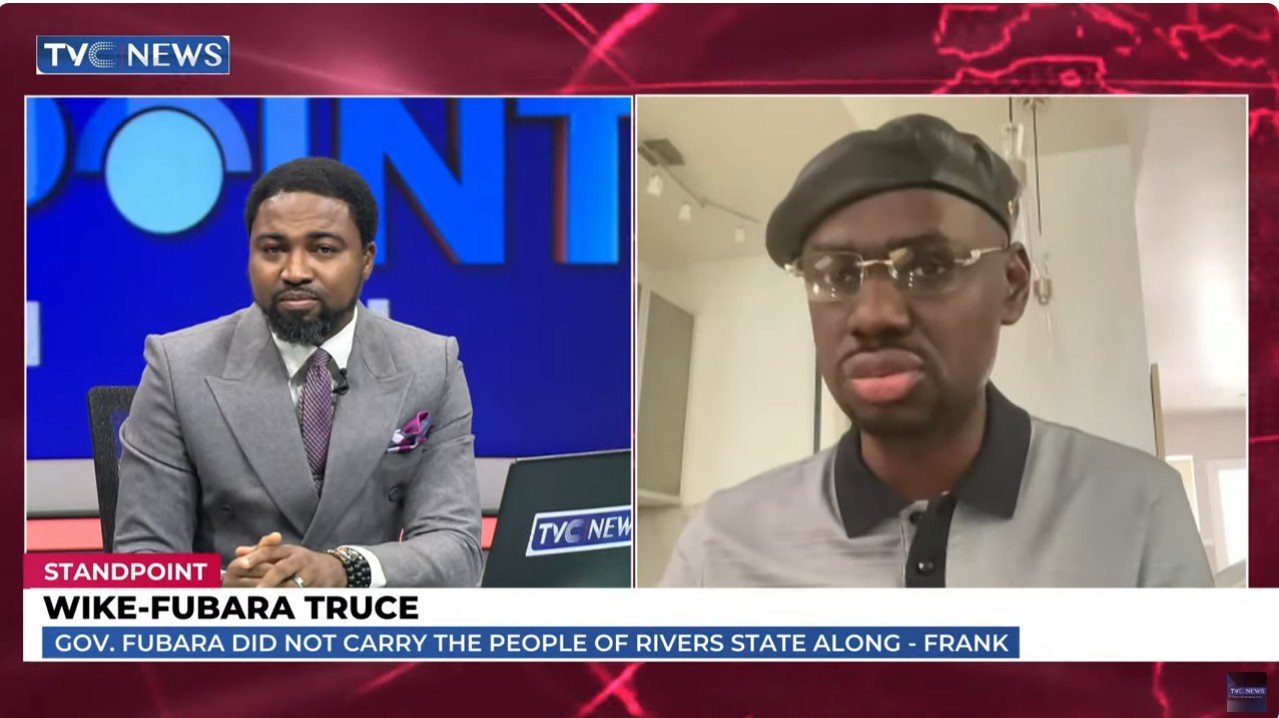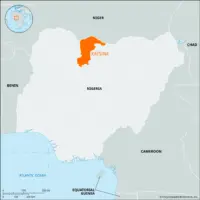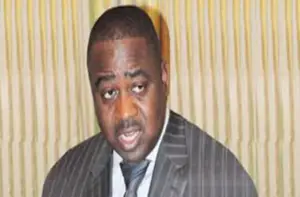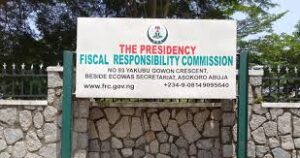After more than a year of intense political crisis in Rivers State, President Bola Ahmed Tinubu has successfully brokered a peace deal between the Minister of the Federal Capital Territory (FCT) and former governor of the state, Nyesom Wike, and the embattled Governor Siminalayi Fubara. The truce was reached during a late-night meeting at the Presidential Villa in Abuja, barely a day after the president signed into law four critical tax reform bills.
President Tinubu’s intervention is being hailed in some quarters as a significant breakthrough in a crisis that had threatened the stability of one of Nigeria’s most economically vital states. Wike, who announced the reconciliation, stated that “we have all agreed to work together with the Governor.” He added that like in every family, disagreements are inevitable, but what matters most is the willingness to resolve them. “We have come to report to Mr. President what we have agreed,” Wike declared.
The meeting, which included suspended members of the Rivers State House of Assembly, marked the second high-level engagement between Tinubu and Fubara since the suspension of the governor, his deputy, and several lawmakers earlier in the year—a decision that drew public backlash and legal scrutiny. Images of smiles and handshakes from the reconciliation meeting have since raised hopes that the state of emergency previously declared in Rivers may soon be lifted.
Governor Fubara, who was previously seen as resisting Wike’s political grip, also expressed commitment to peace, saying, “What we need for the progress of Rivers State is peace. With the help of Mr. President and the agreement of the leaders of the state, peace has returned to Rivers.” He pledged to do everything within his power to sustain the new understanding.

However, not everyone is celebrating the development. APC former deputy National Publicity Secretary, Timi Frank, while speaking on Standpoint with Theophilus Elamah, questioned the integrity and inclusivity of the peace deal. “Governor Fubara went to the Villa alone. Where were his commissioners, his deputy governor, the Ijaw leaders, and the political heavyweights who stood by him? This is not peace; this is surrender,” Frank asserted.
Frank argued that the reconciliation favoured the political survival of both Wike and Fubara but not the people of Rivers State. “This deal is a betrayal. If he [Fubara] could not withstand the pressure, he should have resigned. At least that would have shown he fought for the people and not just for himself,” Frank said. He added that the governor has now become, in his words, “an ‘Halleluyah’ governor”—a figurehead who will do nothing but rubber-stamp decisions handed down from Abuja.
Read Also
The APC chieftain further claimed that by excluding his political allies and core supporters from the peace process, Fubara has alienated key stakeholders who risked everything to defend his mandate. “Where are the Uche Secondus, the Asari Dokubos, the traditional rulers, and the civil society leaders who stood behind him?” Frank asked. “This was a one-man show. Wike came with his loyalists; Fubara came alone.”
In his strongest rebuke yet, Frank warned that Fubara’s decision might haunt him politically. “He has now shown he believes more in the support of one man than in the collective will of Rivers people. The next election will be the litmus test. Rivers people will remember this betrayal,” he said.
While the terms of the peace deal remain largely undisclosed, speculations abound that it may include concessions that could render Governor Fubara politically subservient. Frank suggested the governor could now be forced to consult Wike and the Speaker of the Rivers State House of Assembly before making critical decisions. “All those things he fought against, he’s now going back to embrace. It’s humiliating,” Frank lamented.
Despite the criticism, President Tinubu’s intervention has drawn praise for de-escalating tensions and averting further instability in a state critical to Nigeria’s oil production and national revenue. However, the debate now shifts from whether peace has returned, to who truly benefits from it—and whether Rivers State’s democracy has been strengthened or compromised in the process.





